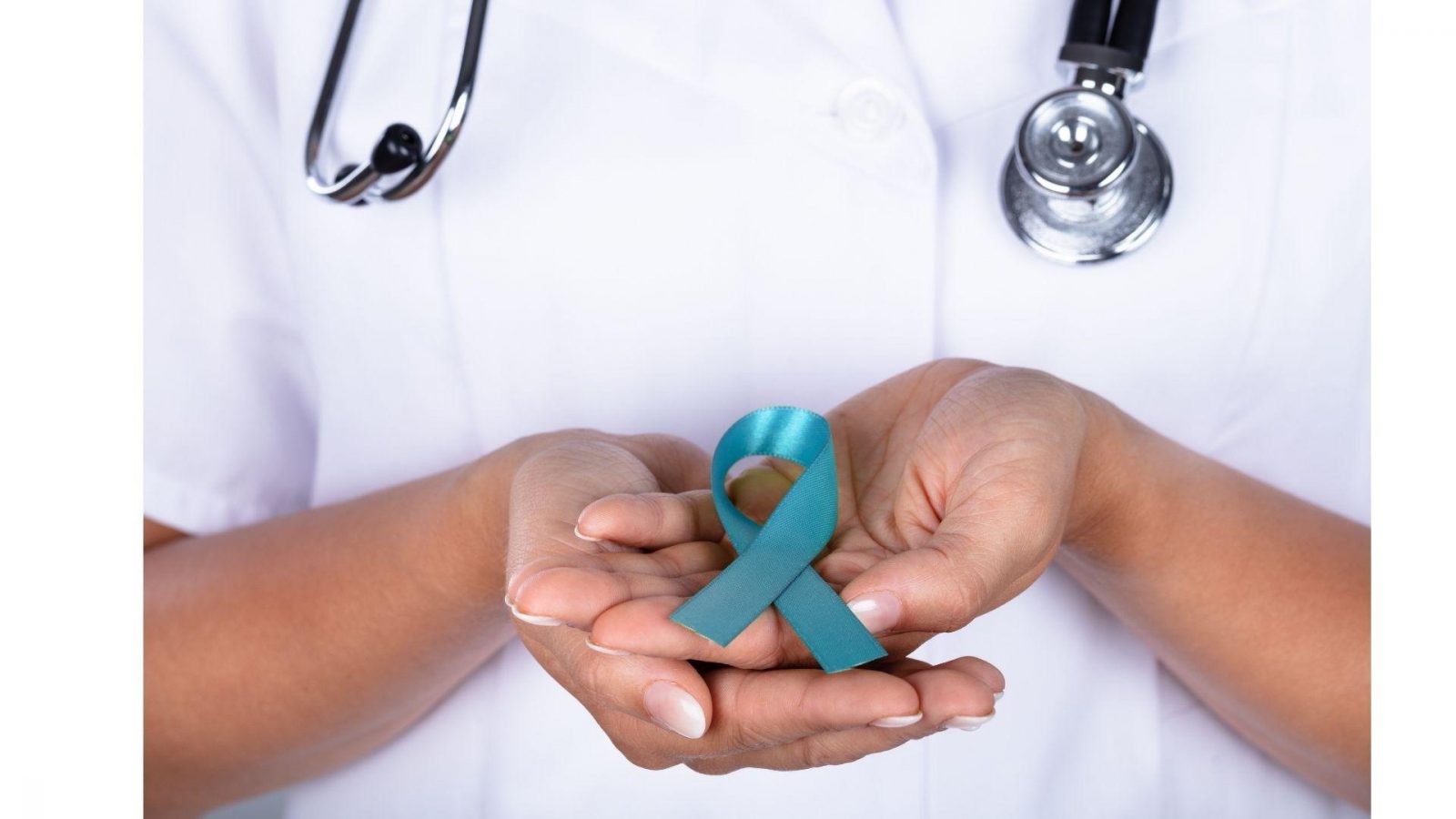
Ovarian cancer is rare — that’s the good news. The bad news is that it is hard to detect, and because of that it’s often not diagnosed until it’s in a late stage.
“There are many OB-GYN providers who may not see an ovarian cancer case in a year,” says Ryan Health | NENA’s Jennifer M. Howard, MD, MPH. “Still, 22,000 women will be diagnosed this year, and approximately 14,000 women will die of ovarian cancer.” There are different types of ovarian cancers and some have a great prognosis and can be cured.
Symptoms of ovarian cancer include:
- Pelvic or abdominal pain
- Trouble eating or feeling full quickly (bloating)
- Feeling the need to urinate urgently or often
- Fatigue
- Stomach upset or heartburn
- Back pain
- Change in bowel habits especially, constipation
- Menstrual changes
When the symptoms are persistent and don’t change with normal care, like diet change, laxatives, exercise, or rest, you should see your provider.
“We have tools to help make the diagnosis, but those symptoms could also be other things,” says Dr. Howard. “You know your body best. If the symptoms are new, you need to talk to your provider if something feels different.”
Unlike other diseases, there is no screening test for ovarian cancer. And unlike colon cancer or prostate cancer, there are no guidelines for an age at which you might begin being on the lookout for symptoms. And the symptoms themselves might not raise any red flags, since they’re all very common.
“We have to put the pieces of the puzzle together. If people have vague symptoms, we’ll order tests. The results could confirm a suspicion that ovarian cancer is present,” Dr. Howard says. “A pelvic exam and blood tests for tumor markers can move us onto the next phase, which will be a CAT scan, ultrasound, MRI, and referral to an oncologist.”
An important key to any health issue, but especially cancer, is knowing your family’s health history. Ovarian cancer is usually not inherited. However, up to 24 percent of cases may be related to inheriting a genetic mutation, even if the family history does not include ovarian or breast cancer. That is why it is important to be aware of the incidence of cancer and other major diseases in your family.
"There are some protective effects — for instance, for those where it is not contraindicated, birth control pills provide a 50 percent reduction in risk after five years of use,” Dr. Howard says. “And having children and breastfeeding also reduces the risk of ovarian cancer. The connection is hormonal.”
A few other things to know:
- Women should not use talc-based products (i.e. baby power) in their genital area.
- Pregnancy does not cause ovarian cancer.
- Women over 40 should be more attuned to the symptoms of ovarian cancer, although age is not a risk factor.